5 Popular Places in Vietnam and Considerations Before Planning Your Stay
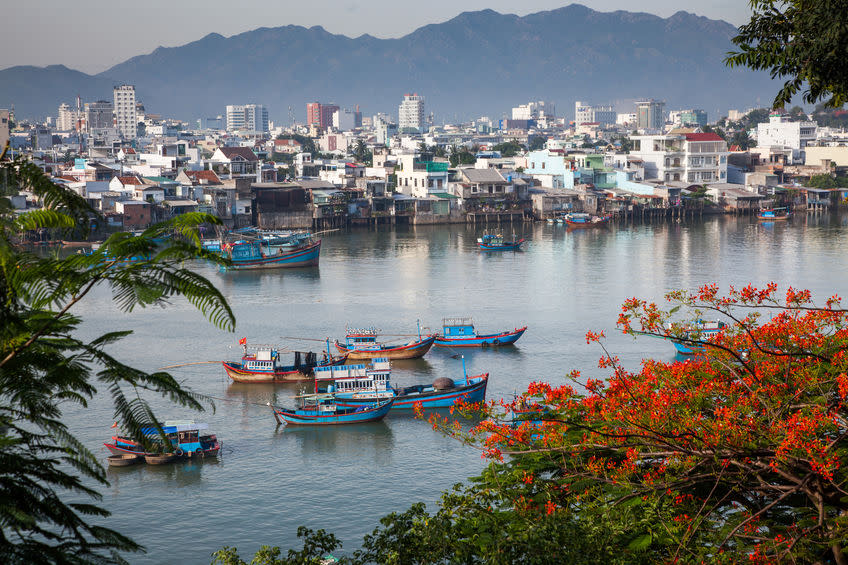
In this article:
With its increasing popularity among digital nomads, remote workers, and expats from around the world, maybe you, too, are considering moving to Vietnam. Here are a few things you should first know!
If there is one concept that has skyrocketed in terms of popularity these past few years, it’s remote working and being a digital nomad. Unsurprisingly, Southeast Asia, including our beloved Malaysia, has emerged as a hotspot for this lifestyle.
If you’re a Malaysian looking for a new adventure in foreign country, Vietnam might just be the place for you. This dynamic Southeast Asian neighbour of ours has been drawing in digital nomads, remote workers, and expats from all over the world.
This comes as no surprise as it’s a nation that offers affordable cost of living, vibrant culture, and stunning natural landscapes. But before you start packing your bags, there are a few important things you’ll want to know about living and potentially buying property in Vietnam as a Malaysian.
What’s the Appeal of Vietnam for Malaysians?
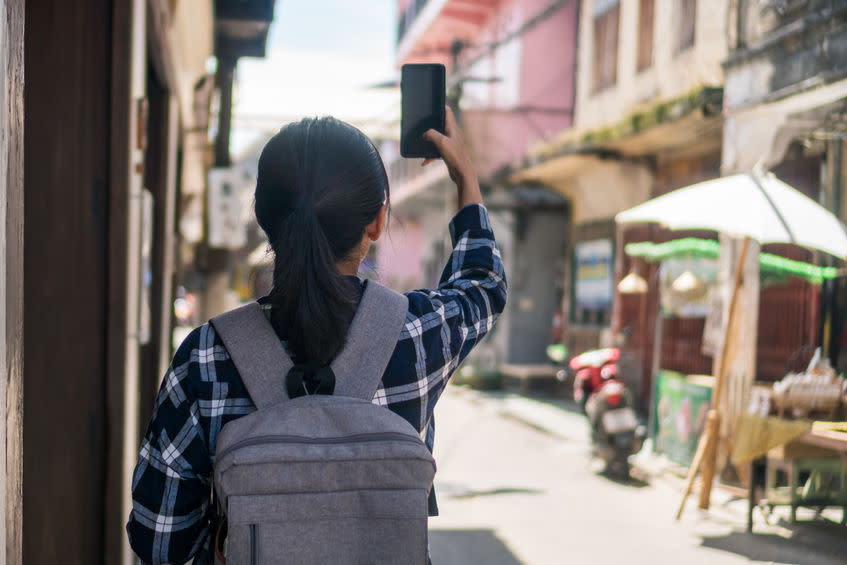
Vietnam has been growing in popularity among Malaysians in recent years, and it’s not hard to see why. For starters, the country offers a significantly lower cost of living compared to Malaysia, making it an attractive option for those looking to stretch their ringgit further.
Accommodation, food, and transportation expenses are all quite affordable in Vietnam, allowing you to live a high quality of life on a modest budget. And with its bustling cities, beautiful beaches, and ancient historical sites, there’s no shortage of things to see and do. After all, that’s one of the major draws of remote working, right? The opportunity to mix work and pleasure!
Vietnam is also an increasingly digital-savvy country, with a young, tech-savvy population and rapidly improving infrastructure. This has made it a magnet for remote workers and digital nomads who can take advantage of the low living costs and reliable internet connectivity.
On top of that, the warm, tropical climate and friendly, welcoming locals contribute to Vietnam’s reputation as an expat-friendly destination. With its blend of modern amenities and ancient cultural charm, it’s easy to see the appeal for Malaysians looking for a change of pace.
What are the Visa Requirements for Malaysians in Vietnam?
One of the first things you’ll need to sort out when moving to Vietnam is your visa. While a growing number of countries offer special visas for digital nomads, Vietnam is currently not one of them. Therefore, as a Malaysian citizen, you have a few different visa options depending on the purpose and duration of your stay.
For short-term visits of up to 30 days, Malaysians can enter Vietnam visa-free. This is a convenient option for tourists or those making a quick business trip.
However, if you’re planning to stay in Vietnam for a longer period, you’ll need to apply for a longer-term visa. The most common visa options for Malaysians include:
Tourist visa – Valid for up to 3 months, can be extended.
Business visa – Allows you to conduct business activities in Vietnam.
Work visa – Required if you’ll be employed by a Vietnamese company.
Resident visa – For those planning to live long-term in Vietnam, can be valid for up to 5 years.
The application process and requirements can vary depending on your specific situation, so it’s best to check the current regulations with the Vietnamese embassy or consulate before making any plans. Proper visa documentation is essential to avoid any issues during your stay.
What are the Cost of Living in Vietnam?
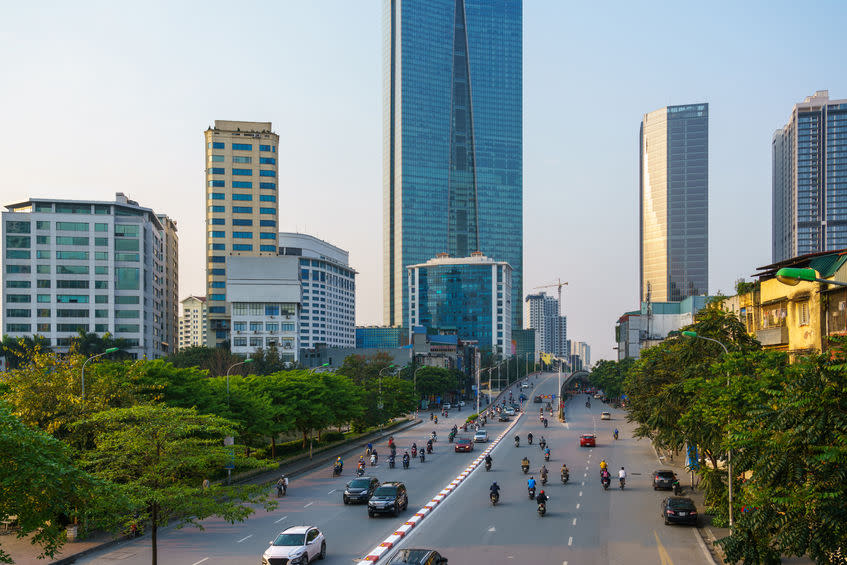
One of the biggest draws of Vietnam for Malaysians is the affordable cost of living. Compared to the high prices back home, day-to-day expenses in Vietnam are remarkably low.
For example, the average monthly rent for a one-bedroom apartment in the city center of Ho Chi Minh City or Hanoi is around RM1,500-RM2,500. Outside the main cities, you can find even cheaper accommodation options.
Eating out is also very inexpensive, with a meal at a local Vietnamese restaurant costing as little as RM10-RM20. Grocery shopping at the local markets and supermarkets is similarly budget-friendly.
Transportation, whether by bus, train, or rideshare, is extremely affordable as well. You can get around major cities for just a few ringgit. Domestic flights within Vietnam are quite cheap too, making it easy to explore different regions.
Utility bills like electricity, water, and internet also tend to be lower than in Malaysia. Of course, your overall cost of living will depend on your lifestyle and spending habits. But in general, you can expect your money to go much further in Vietnam compared to back home.
What are Safety Considerations for Expats in Vietnam?
One common concern for Malaysians considering a move to Vietnam is personal safety. While no country is entirely free of risk, Vietnam is generally regarded as a safe destination for expats.
Violent crime rates are low, and the streets are typically quite safe, especially in the major cities. Petty theft like pickpocketing and bag snatching can occur in crowded tourist areas, so it’s important to take basic precautions. But serious incidents targeting foreigners are rare.
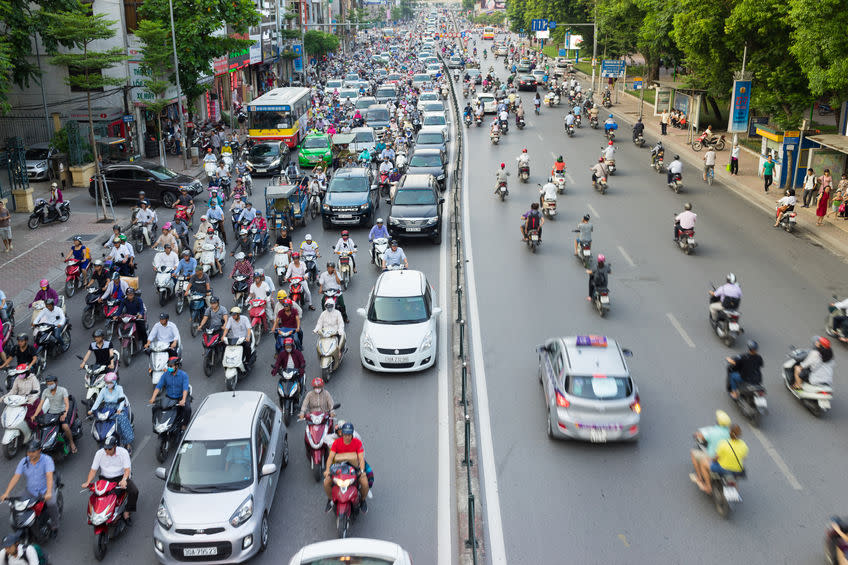
The road safety situation can be a bit more chaotic, with heavy traffic and many motorbikes on the roads. It’s essential to exercise caution when driving or riding a motorcycle. Wearing a helmet is mandatory and recommended for your protection.
Natural disasters like typhoons and flooding are also something to be aware of, especially during the monsoon season. But the major cities have robust disaster preparedness and response systems in place.
Overall, Vietnam is considered a relatively safe country for expats who take sensible security measures. As long as you use common sense and avoid high-risk situations, you can enjoy a secure and worry-free lifestyle there.
What do I Need to Know About Buying Property as a Foreigner in Vietnam?
For Malaysians interested in investing in Vietnamese real estate, there are a few important things to know. Foreigners are allowed to purchase property in Vietnam, but there are some limitations.
The most common type of property foreigners can buy is an apartment or condominium unit. There are no restrictions on the number of apartments a foreigner can own, as long as they are for personal use and not for commercial purposes.
However, foreigners are not permitted to own land or houses in Vietnam. The only exception is if you are married to a Vietnamese citizen, in which case you can jointly own a house.
When it comes to the purchase process, foreigners must go through a licensed real estate agent or developer. The process involves obtaining the necessary paperwork and approvals, which can be relatively straightforward but may require the assistance of a Vietnamese lawyer.
Financing options for foreigners are limited, as most Vietnamese banks do not offer mortgages to non-residents. Cash purchases are often the norm, although some developers may provide in-house financing plans.
It’s worth noting that property prices in Vietnam can vary significantly depending on the location and type of property. Major cities like Ho Chi Minh City and Hanoi tend to have higher real estate prices, while smaller cities and rural areas are more affordable.
Can I Just Rent Instead of Purchasing Property?
So, you’ve made the calculations and figured out that if you rent a property, it is cheaper than buying one in Vietnam. Can you do just that instead?
Well, Vietnam law requires any foreigner wishing to rent a property to already posses the legal paperwork to enter and stay in Vietnam for three or more consecutive months.
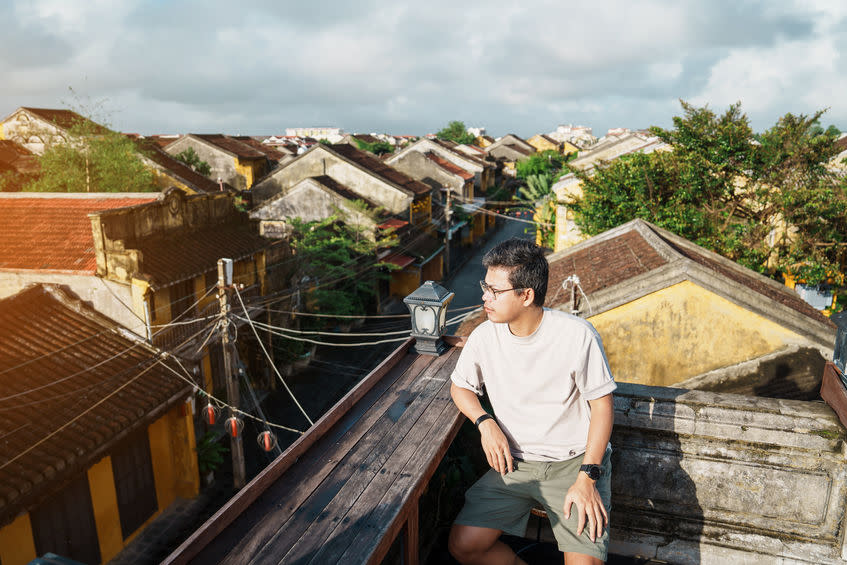
You should also ensure that the house for rent follows Vietnam’s Laws on Housing. You can do that by paying attention to the lease contract that you’ll be signing. Be sure that it meets the following conditions:
The owner must have right of ownership certificates that meet the provisions of the Law on Housing and the apartment
The houses or apartments need to be enclosed and separated from one another;
The quality and safety of the building must be ensured;
Electricity, water supply, environmental sanitation, security, and fire prevention safety standards need to be met.
The building must be free of disputes over ownership and use rights.
The house or building must be registered under a specific address and be outside of state security and defense areas.
What are the Popular Expat Destinations in Vietnam?
If you’re considering a move to Vietnam, here are some of the top destinations for expats to explore:
Destination | Description |
Vietnam’s largest and most vibrant city, offering a dynamic urban lifestyle, diverse cuisine, and modern amenities. | |
The centuries-old capital city, known for its rich history, colonial architecture, and thriving arts and culture scene. | |
A rapidly developing coastal city with beautiful beaches, world-class resorts, and easy access to nearby attractions like Hoi An. | |
A charming, UNESCO-listed ancient town with a well-preserved historic center, popular with expats and tourists alike. | |
A renowned beach destination with crystal-clear waters, ideal for those seeking a more laid-back coastal lifestyle. |
Are you Ready for Life in Vietnam?
Vietnam is an increasingly attractive destination for Malaysians seeking a change of pace and a lower cost of living. With its affordable real estate, rich cultural heritage, and expat-friendly environment, it’s no wonder more Malaysians are making the move.
Of course, there are important visa, safety, and property ownership considerations to keep in mind. But by doing your research and planning carefully, you can set yourself up for a rewarding and enjoyable experience living and potentially investing in Vietnam.
So if you’re ready for a new adventure, Vietnam might just be the perfect place for you to call your next home!


